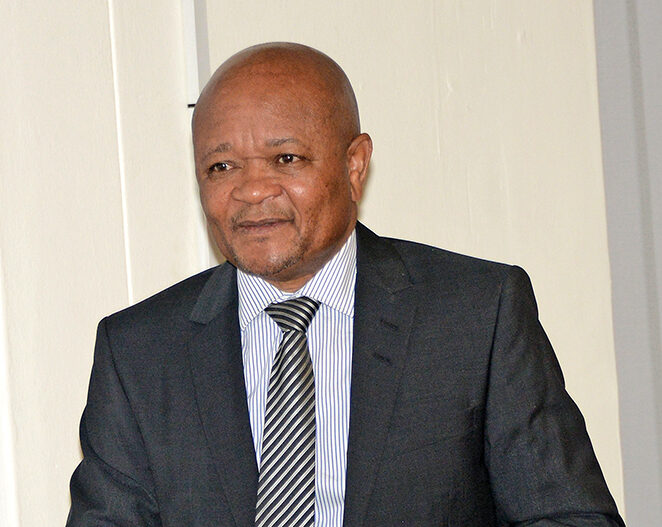The Department of Water and Sanitation has assured that an investigation is under way into the source or sources of the cholera outbreak in some parts of the country.
It said technical teams from the department and the provincial and national Department of Health, as well as relevant municipalities are carrying out water quality tests at distribution points and water treatment works in areas where people have become infected.
Giving clarity on questions raised regarding drinking water quality in South Africa amid the cholera outbreak in Hammanskraal outside Pretoria and Parys in the Free State, the department said it is engaged in the tracking and tracing of infections.
It also noted that cholera is not only spread through polluted water but also through poor hygiene, eating contaminated food or coming into contact with the faeces of an infected person.
While the original source of the cholera infections has to date not been located, the department said it is highly likely that the disease, which started in Hammanskraal, is related to the pollution of water sources in the area from the city’s Rooiwal waste water treatment works upstream of Hammanskraal, it said in a statement.
According to the department, the Rooiwal waste water treatment works has not been well-maintained for many years and has insufficient capacity to deal with the volume of waste water entering the treatment works.
It said Rooiwal is polluting the Apies River, which flows into the Leeukraal Dam from which water is abstracted by the city’s Temba water treatment works.
“The Temba water treatment works is supposed to clean the raw water abstracted from the dam and treat it, so that it is fit for human consumption,” it said.
“However, the water in the dam is so polluted that the Temba water treatment works is not able to treat the water such that it meets the required standards for drinking water.”
However, tests on the water from the Temba water treatment works indicate that it does not contain cholera bacteria and that it can be used for other purposes such as personal hygiene, dishwashing and washing of clothes.
“For this reason, the City of Tshwane is using water tankers to supply the residents of Hammanskraal within the supply area of the Temba water treatment works with drinking water,” said the department.
It added that some municipalities obtain treated water from water boards, while others have their own water treatment works.
The Tshwane municipality receives treated water from two water boards, Rand Water and Magalies Water, as well as supplying residents in some areas with water from its own water treatment works.
Water from the Temba water treatment works only supplies the Hammanskraal area in Tshwane region.
The department also confirmed that the tests carried out by Rand Water, Magalies Water and the City of Tshwane on the water being distributed from other water treatment works (other than the Temba water treatment works), and the water tankers distributing drinking water in Hammanskraal, continue to indicate that “such water remains fit for human consumption”.
“Gauteng residents may be assured that they can continue to consume water from their taps as long as their municipalities continue to indicate that the water being provided meets the requirements of SANS 241.
“The same applies to water supplied by municipalities throughout the country.”
Meanwhile, the department has confirmed that tap water in the Ngwathe local municipality in the Free State is safe for consumption.
“The department has conducted water quality tests on all the sources of drinking water and can confirm that the analysis indicates that treated water reticulated to taps in the area complies with SANS 241 quality requirements and is therefore suitable for human consumption,” it said.
Follow @SundayWorldZA on Twitter and @sundayworldza on Instagram, or like our Facebook Page, Sunday World, by clicking here for the latest breaking news in South Africa.



